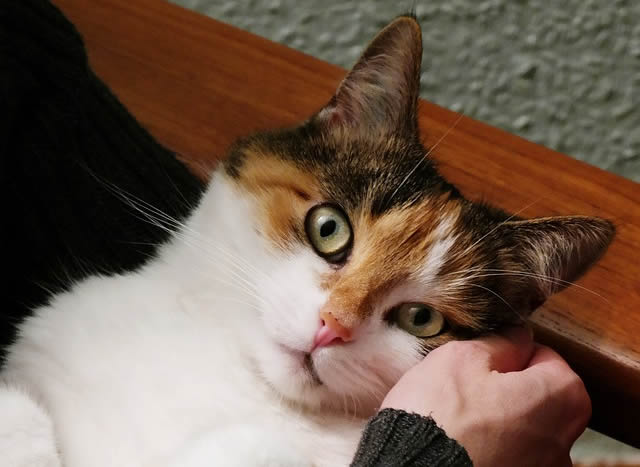昨日から「Why only children are still stereotyped as selfish and spoilt -「一人っ子はわがままで甘えん坊?」を読んでいます。

・「一人っ子はわがままで甘えん坊?」(1)
But ask a friend what a ‘typical only child’ is like, and you’ll hear the same thing:
だが友人に「典型的な一人っ子」とはどんなものか聞いてみれば、同じことが聞こえてくるだろう、
at best, they’re lonely and spoilt;
よく言えば、孤独で甘えん坊、
at worst, they’ve been set up for failure by their parents.
悪く言えば、親によって駄目にされている。
So why do these stereotypes endure?
では、こんな固定観念が残っているのはなぜなのか?
And, as the shape of families around the world continue to change, favouring fewer children, will they ever go away?
そして世界中で家族の形が変化し少子化が進む中で、このイメージは消え去らないのか?
Only child ‘traits’?
一人っ子の「特徴」?The negative stereotypes associated with only children have a deep history,
一人っ子にまつわるネガティブな先入観には深い歴史があり、
dating back to the Victorian era and the emergence of child psychology as an academic field of study.
遡ることヴィクトリア朝時代、児童心理学が学術的な研究分野として登場した時だ。
In the late 1800s and early 1900s, a few psychologists published work that formed the foundation for the perception of only-children.
1800年代後半から1900年代前半にかけて、数人の心理学者が一人っ子の認識の基礎となる研究を発表した。
Among them is the pioneering child-psychologist G Stanley Hall,
中でも児童心理学者の先駆者であるG・スタンレー・ホールは、
who, along with his protégées, published surveys that established the only child ‘traits’ we know and subscribe to today.
彼の弟子たちと共に、今日よく知られている一人っ子の「特性」が創られる要因についての調査を発表した。
subscribe「寄付する、署名する、~と書く、同意する、賛成する」。
In contemporary terms, doting parents who coddled and indulged their only children and turned them into hypersensitive and narcissistic adults.
現代風に言えば、それは一人っ子である我が子を溺愛して甘やかし、彼らを過敏で自己愛の強い大人にする親。
(Hall is often quoted saying being an only child is a disease in itself.)
(ホールは、一人っ子であること自体が病であるとよく言っている。)
一人っ子であること自体が病・・・(笑)、でもまあ兄弟姉妹が居る子に比べると、甘やかされやすいホンワカ環境なのはそうかもしれませんね。
大体オヤツなんかもゆっくりおっとり。
なので皆でつまむようなお菓子やつまみなどは、あまり食べないうちに消え去る(笑)。
早く食べなきゃ無くなっちゃう、という経験が無いし、手が出るようなケンカの経験もほぼなし。
小学生の頃、同年代のいとこが兄妹で叩き合ってケンカしてるのを見て、ものすごくビックリしたくらいで(でも兄妹が居れば普通ですよね?・笑)、色々と自分では気づかない一人っ子特性はあるんだろうと思っています。
理由は単純明快!「少ないコストでしっかり楽しく学べるから」。
私自身の経験(高機能でビックリ)をびっしり書いていますので、良かったら読んでみてください。
下のバナーからどうぞ!






